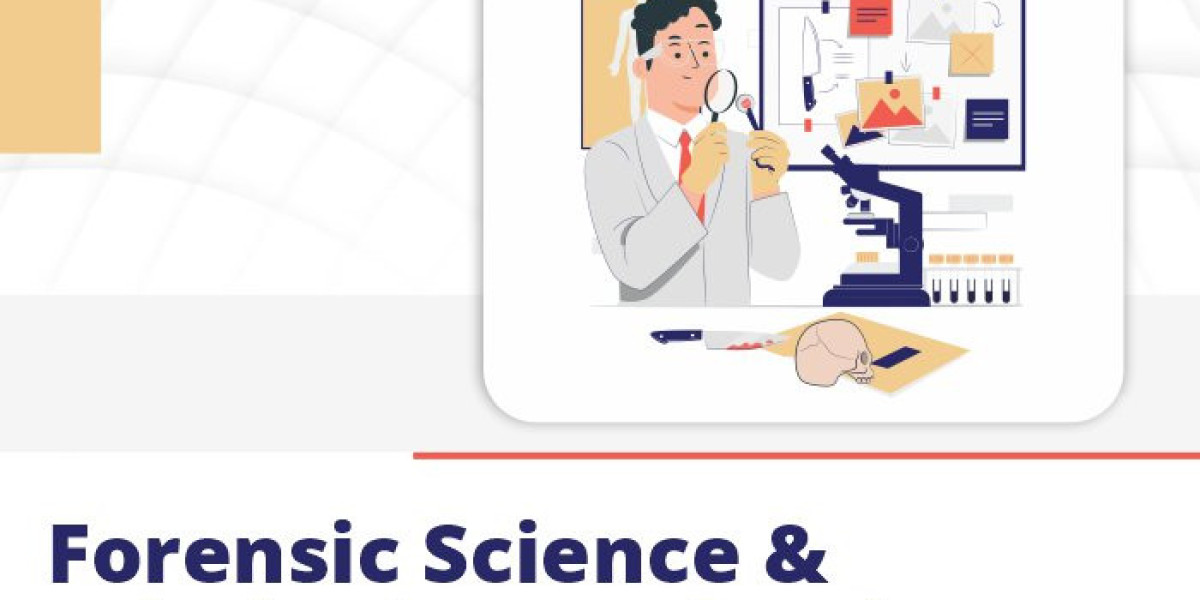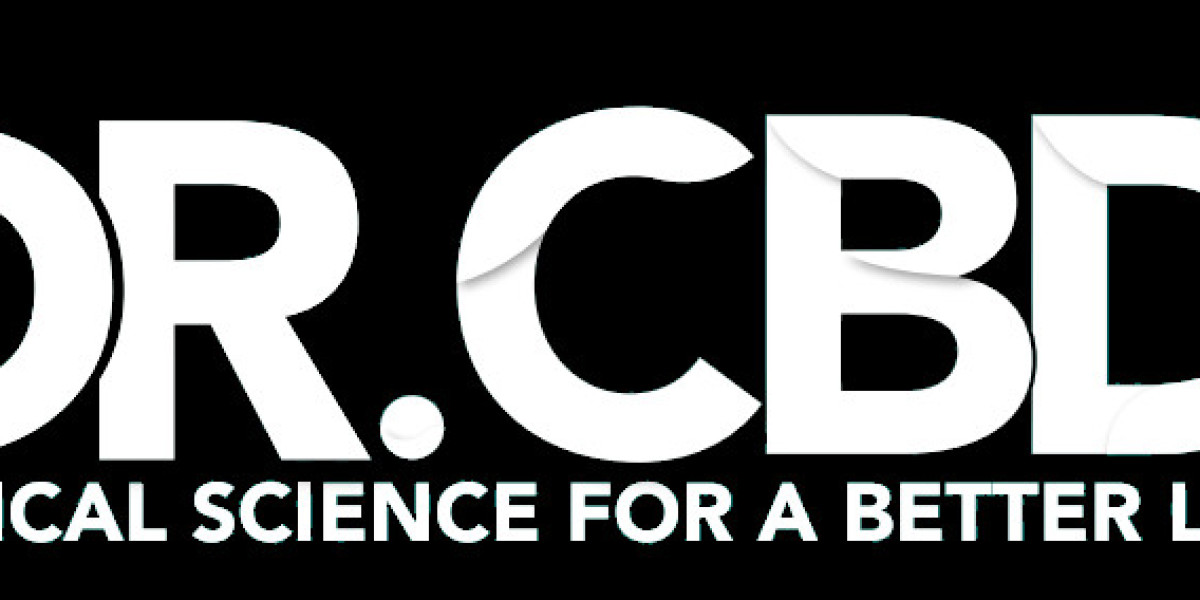Forensic science is an interesting profession that combines the essential elements of natural and social sciences with law. It plays a very important role in crime solving processes since it uses various methods in order to analyze the samples and bring culprits to trial. This field is relatively wide and developing, which includes several branches of Science to investigate the criminal act.
What is Forensic Science?
Crime scene analysis is the process of using principles of science to investigate a crime. It concerns the identification, documentation, preservation, and examination of physical evidence from crime scenes for the benefit of the police. There are also physical findings which can be in the form of exhibits, chemical, biological samples and data in the form of computerized documentation.
Main Specialties of Forensic Science
Forensic science encompasses several specialized areas, each with its focus and methodologies:
Forensic Biology: This branch involves identification of blood, saliva and other body tissues left behind at a crime scene. Among them, DNA is significant in tracing people and relating them to offenses as well.
Forensic Chemistry: Forensic chemists analyze chemical materials that are related to crimes including narcotics and other poisonous agents. The job entails the use of sophisticated analytical methods in order to establish the content and probably the source of a specific material.
Forensic Anthropology: This area is considered to focus on the identification of human remains – bones – in order to assist police in recognizing the deceased, as well as in understanding the circumstances through which the person died.
Forensic Psychology: Criminal profiling involves evaluating the psychological condition of the suspect and the victim and producing many recommendations that may be helpful for the court and the law enforcement bodies.
Digital Forensics: This is because digital forensics has gained importance with the development of technology. This field is related to the extraction of data from devices and plays a big role in cyber criminals and other violations.
Why Does Forensic Science Matters?
There is no doubt that forensic science has a central position in the criminal justice system. This enables the collection and analysis of credible facts that can support or negate information given in court. The fact that most of the forensic evidence actually is bent on being as impartial as possible generally means that the chances of wrongful conviction will be unlikely and justice prevails.
Forensic science has improved much due to advances in forensic practices. From DNA profiling to the new-age imaging techniques, forensic science is better placed to help the expert analyze evidence and get things right. These advances remain to enhance the efficiency of criminal investigations and the whole justice system.
Careers and Training for the Field of Forensics
There are several educational opportunities for those people, who are interested in forensic science. There is a great opportunity to choose a classroom certificate course in introduction to forensic science that takes 4 to 6 weeks on average. This course being a basic course provides basic information about forensic principles and techniques.
What the Course Offers?
Students can anchor their expectations on several hours per week that might be spent on lectures or readings or working through assignments. Daily presence is crucial since it is necessary to grasp what is learned at school. The course typically covers:
- Basic aspect of crime scene investigation
- Some methods of dealing with the proof and analyzing them
- Compared techniques for analyzing various kinds of forensic evidence
However, it is also pointed out that along with the theoretical knowledge, the course teaches practical application and sometimes students perform practices where they can practice together with fellow students in a realistically staged crime scene scenario.
By the end of this competencies based introductory course, students are fitted with the requisite knowledge and skills to enable them to enroll for further specialization or practice in different forensic fields.
Forensic Science – the Changing Picture
Because most of the advances in technology are only expected to increase over time, forensic science in criminal investigation offers a great scope for further enhancement. New instruments, including artificial intelligence or data analysis, have already started to change the approaches used in forensic investigations. In addition, the increase in the cases of cybercrime, the demand for qualified digital forensics experts has also increased.
Conclusion
Forensic scientists play an important role in the justice system by using their reasoning and analysis to boost the strength of the claim. Whether one is considering becoming a forensic scientist, or simply wants to learn more about the field, an introductory course can offer much useful information. The prospects of forensic science are looking promising as it expands ability and learns new capabilities in the process of investigation.








